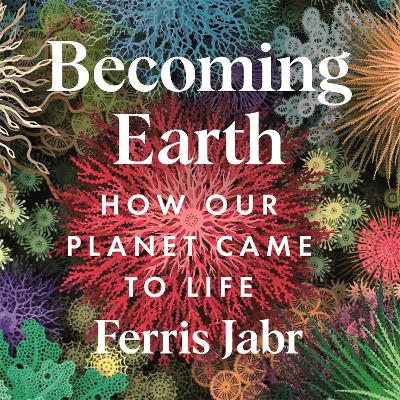Originally posted on my blog Nonstop Reader.
Becoming Earth is a fascinating monograph about the emergence of planet earth and how the interconnected systems of life came to be by Ferris Jabr. Due out 25th June 2024 from Random House, it's 304 pages and will be available in hardcover, audio, and ebook formats. It's worth noting that the ebook format has a handy interactive table of contents as well as interactive links and references throughout.
This is a layman accessible, concise, and well written book on the vast and interdependent systems of our planet. The author writes well and understandably about the Gaia hypothesis, and shows effectively, step-by-step how changes in one part of the system can and do have profound effects on other remote parts of the system.
The book is split into three main sections: rock, water, and air. Each of the areas are divided into thematic subjects, from surface microbes, to larger animals plants & macro-forms both terrestrial and acquatic, breathable air, combustibility, and climate/weather patterns (and how changes can have catastrophic effects on everything else).
It's a surprisingly upbeat book, and the author's sense of wonder is palpable. I found myself smiling often and nodding along. It's a rare talent to be able to explain often really complex physics/chemistry/biology in a manner which is accessible and really understandable to the average layperson, and Mr. Jabr manages very well. Additionally, with many layman level nonfiction books, readers with specialized knowledge of the subjects will find it oversimplified; that isn't the case here. The scope is broad enough that even the most advanced geophysicist will likely find interesting tidbits to takeaway in the microbiology or botany sections.
Five stars. Well written and interesting. A good choice for public or secondary/post-secondary school library acquisition, home use, or gift giving.
Disclosure: I received an ARC at no cost from the author/publisher for review purposes.
Reviewed by annieb123 on
Reading updates
- Started reading
- Finished reading
- 23 June, 2024: Reviewed
